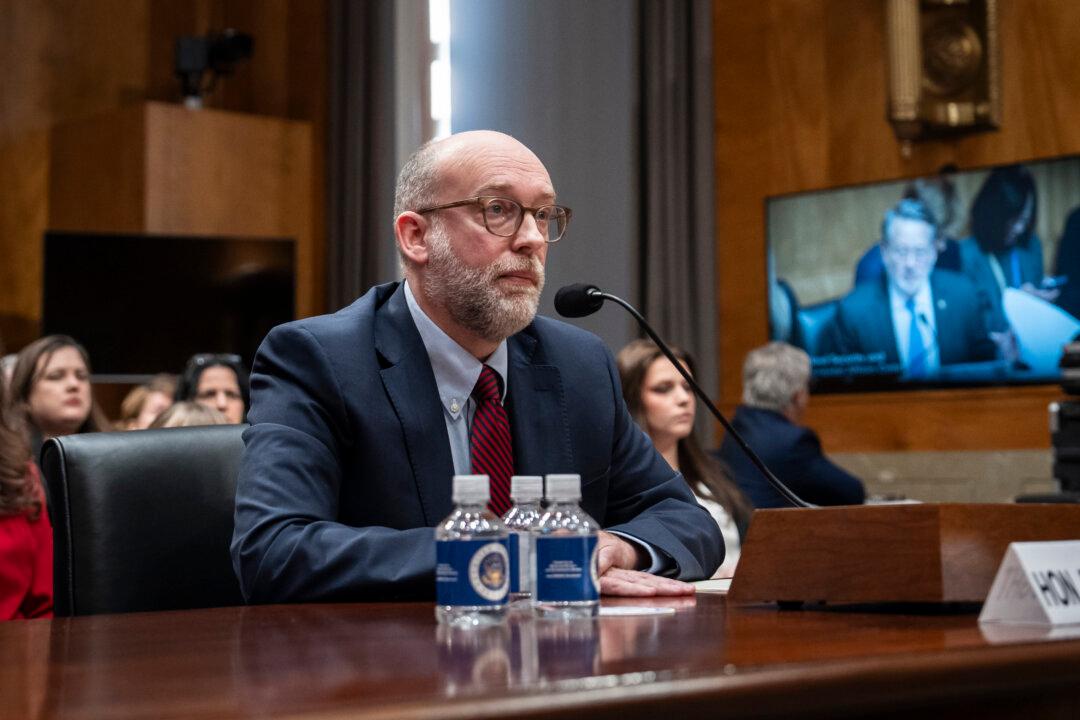Office of Management and Budget chief Russ Vought, who recently took over as the acting head of the Consumer Financial Protection Bureau (CFPB), said on Feb. 8 that he is suspending the flow of new funding to the agency.
Vought scrutinized CFPB’s budget in a post on the evening of Feb. 8 on social media platform X. He said the agency’s $711.6 million in the bank is “excessive in the current fiscal environment.”





